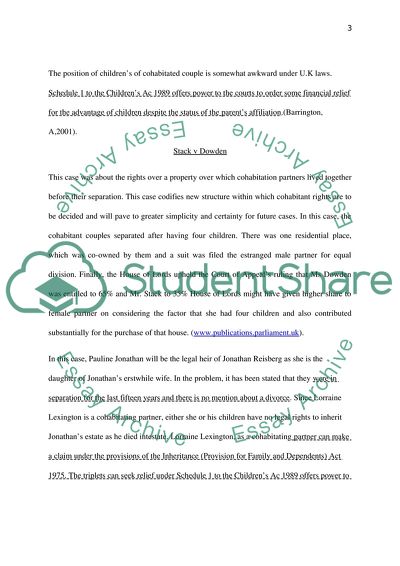Cite this document
(The Rights of Cohabitating Partner in Intestacy Case Study - 1, n.d.)
The Rights of Cohabitating Partner in Intestacy Case Study - 1. https://studentshare.org/law/1752515-equity-andttrusts-problem-question
The Rights of Cohabitating Partner in Intestacy Case Study - 1. https://studentshare.org/law/1752515-equity-andttrusts-problem-question
(The Rights of Cohabitating Partner in Intestacy Case Study - 1)
The Rights of Cohabitating Partner in Intestacy Case Study - 1. https://studentshare.org/law/1752515-equity-andttrusts-problem-question.
The Rights of Cohabitating Partner in Intestacy Case Study - 1. https://studentshare.org/law/1752515-equity-andttrusts-problem-question.
“The Rights of Cohabitating Partner in Intestacy Case Study - 1”. https://studentshare.org/law/1752515-equity-andttrusts-problem-question.


